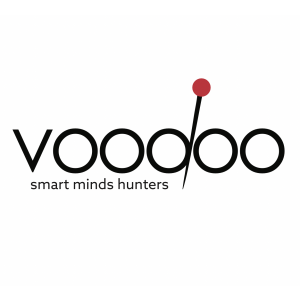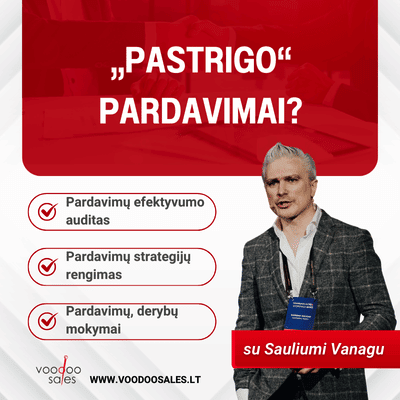7 FEARS OF JOB INTERVIEWS
1 year ago
Jūratė Jurginytė, career & leadership couch | Prasmingi pokyčiai |
Fear is often the distance or journey toward pursuing a dream, or more precisely put - not the journey. Even the best leaders and successful entrepreneurs have to overcome inevitable situations and emotions, such as fears.
No matter how successful, experienced, and smart you may be, everyone experiences doubts, stress, or concerns in their work or professional life.
Professionals may fear various things. The most common professional fears I've seen with my clients are these:
Fear of professional stagnation
Fear of change and uncertainty
Fear of incompetence
Fear of failure
Fear of losing a job
Fear of inadequate work
Fear of job interview questions
Job interview fear becomes one of the professional fears that tends to increase.
Feeling anxious before an interview is nothing unusual. Nothing strange - getting a new job or a significant career change changes life. However, for some people, participating in a job interview, whether in person or remotely, can cause anxiety; some people may feel nervous or stressed before or during the interview.
Especially now, when the job market has changed significantly. Employment and interview practices have changed; job applicants must adapt to new interview situations.
When I ask my clients what worries them the most in job interviews, these five fears are most often repeated:
Fear of not coming up with an example
Fear of forgetting everything
Fear of rejection
Fear of appearing nervous
Fear of not knowing the answer to a question
How to define fear?
Fear is a human emotion that people typically consider unpleasant. In fact, fear is a fundamental survival mechanism that signals our bodies to react to danger with a "fight or flight" response.
What happens in the brain and body when you feel fear?
As soon as you recognize fear, your amygdala (a small organ in the middle of the brain) alerts your nervous system, which causes your body to react to fear. Stress hormones like cortisol and adrenaline are released. Your heart rate increases to pump more blood to your muscles and brain; you start breathing faster, and even your blood flow changes.
Fear is one of the most powerful forces in life.
If you feel fear before or during a job interview, it can directly affect your potential success - fear of failure and fear of rejection.
Fear of failure and fear of rejection are emotional, cognitive, and behavioral responses to negative outcomes expected when not achieving a goal (getting the desired job).
Here are my 7 best and easy ways to overcome the fear of job interviews:
Preparation is key.
Thorough preparation is crucial. If you're well-prepared, you'll increase your self-confidence, and it will reflect in your energy levels. Confidence also has a huge impact on the outcome of a job interview.
Remind yourself why you're in this situation - visualize your success.
Be clear with yourself. Why are you participating in a job interview? Remind yourself why you're in this situation. Look at the job interview as an opportunity to show your potential future employer why and how you would be a great addition to their team. Visualize the desired outcome. Seeing that you're succeeding can make you believe that it can happen and it will happen.
Maintain a positive mindset.
Positive thinking is a step forward towards a positive outcome. Think about all your great achievements and successes. Think about how far you've come in your career. Be proud of yourself and don't be afraid to sell yourself.
Don't overdo it, don't overthink.
Do something nice and pleasant the evening before the interview. If you've prepared in the last few days, reading interview notes or staring at a laptop screen until late at night won't change anything. Why not read your favorite book, cook your favorite dish, talk to a friend, or meditate?
An interview is a two-way dialogue.
An interview is not just about answering questions. An interview is a two-way dialogue that creates meaningful connections. It's about building a relationship with a potential employer. It's a conversation where each person tries to learn more about the other. Consider the interview as an opportunity to get to know a potential future employer. Be interesting. Ask questions. What's the company culture like? How does the team celebrate success?
Be yourself and believe in yourself.
Focus your energy on establishing a connection with your interviewer rather than trying to impress them. Don't focus on your performance; focus on the relationship with your interviewer. Focus on creating a meaningful connection. Relax. Visualize your success.
Use breathing techniques and relaxation exercises.
The best and simplest ways to reduce stress in the body. Before the interview, take some time to focus on your breathing. Deep breathing sends a message.

